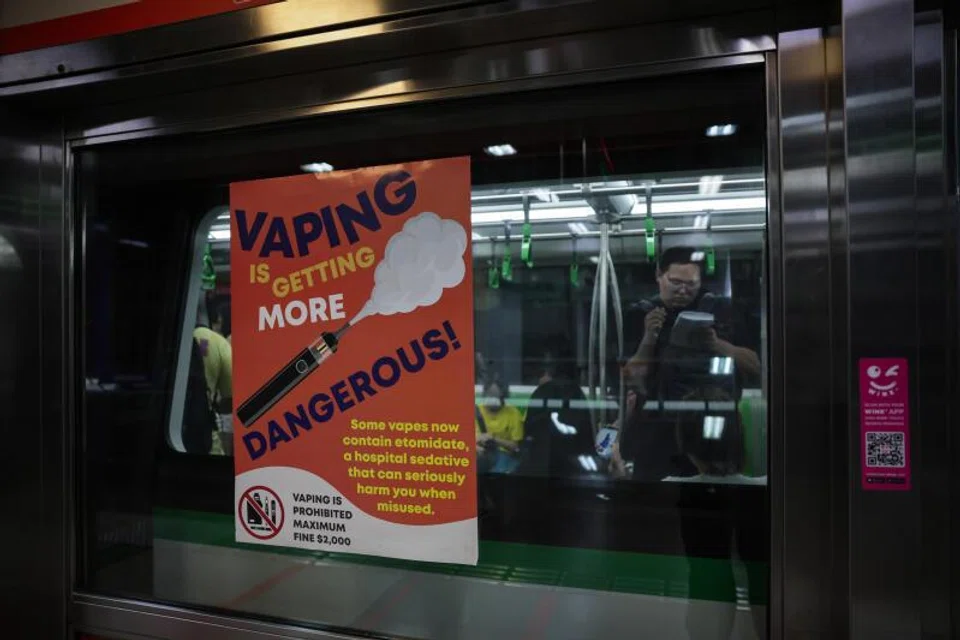
As reported by Propakistani, four more tobacco companies have agreed to use Pakistan's new tracking system, bringing the total number of companies using the system to seven.
As of July 2022, all tobacco companies operating in Pakistan are required to use the country's tracking system. Tobacco products may only enter the domestic market if they bear a stamp and unique identification mark.
Prior to this, only three tobacco manufacturers - Pakistan Tobacco Company, Philip Morris International, and Khyber Tobacco Company - utilized this tracking system.
Asia Tobacco, Frontier Leaf Tobacco, Falcon Tobacco, and International Cigarette have now decided to sign an agreement with the Federal Board of Revenue in Pakistan to implement a tracking system in their factories.
Apart from multinational corporations, there are at least 21 tobacco companies operating in Pakistan, with 18 located in Khyber Pakhtunkhwa and 3 in the country's federal and provincial tribal areas.
Tobacco companies that have already joined the system insist that it can only be successful if all participants implement it. Critics allege that some opponents engage in illicit trade and fear that the tracking system will expose their illegal activity.
Meanwhile, Pakistan's tracking system has come under attack from anti-smoking groups who argue that the method preserves the tobacco industry and violates the World Health Organization's Protocol to Eliminate Illicit Trade in Tobacco Products.
Statement:
This article is compiled from third-party information and is intended for industry exchange and learning purposes only.
This article does not represent the viewpoint of 2FIRSTS, and 2FIRSTS cannot confirm the truthfulness or accuracy of the content. The compilation of this article is solely for internal industry exchange and research purposes.
Due to limitations in our translation abilities, there may be discrepancies between the original article and the translated version. Please refer to the original article for accuracy.
2FIRSTS maintains complete consistency with the Chinese government's stance and views on any domestic, Hong Kong, Macao, Taiwan, and foreign-related issues and statements.
The copyright of compiled information belongs to the original media and its authors. If there is any infringement, please contact us for removal.
This document has been generated through artificial intelligence translation and is provided solely for the purposes of industry discourse and learning. Please note that the intellectual property rights of the content belong to the original media source or author. Owing to certain limitations in the translation process, there may be discrepancies between the translated text and the original content. We recommend referring to the original source for complete accuracy. In case of any inaccuracies, we invite you to reach out to us with corrections. If you believe any content has infringed upon your rights, please contact us immediately for its removal.







